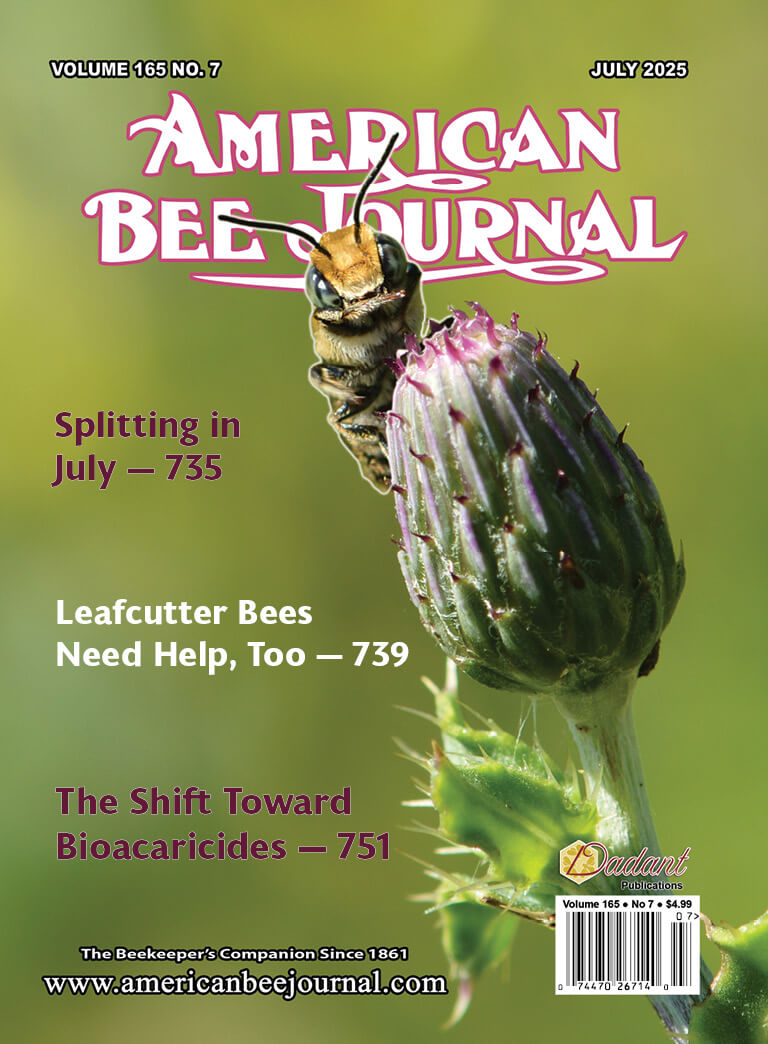In celebration of National Pollinator Week in June, The GIANT Company announced it has completed a seven-acre pollinator-friendly solar field at its corporate headquarters at 1149 Harrisburg Pike in Carlisle, Pa. This initiative is the first of its kind for a grocery retailer and creates a synergistic environment which contributes both to clean energy and support for bee and pollinator populations needed within the agriculture industry.
Honey bees pollinate $15 billion worth of food crops. “From almonds to zucchini and countless fruits, vegetables and nuts in between, nearly one-third of our food supply depends on pollinators, making bees an essential part of our food supply chain and ecosystem,” said Nicholas Bertram, president, The GIANT Company. “A pollinator field provides us with a unique opportunity to educate our team members, customers and the community about the crucial role bees play in getting food onto their family’s table.”
“The GIANT Company has always been an incredible partner to Pennsylvania’s agriculture industry, so it’s no surprise that they’ve extended that partnership from farmers to bees,” said Pennsylvania Department of Agriculture Deputy Secretary Cheryl Cook. “It’s important that we all take steps to protect our vital workforce of pollinators; their value to agriculture is nearly impossible to estimate, but we see it in the grocery store and on our plate every day.”
The GIANT Company has also been selected as the first grocery retailer and first Pennsylvania participant to take part in the National Renewable Energy Laboratory’s InSPIRE study, where scientists measure and track the performance of the pollinator-friendly ground cover for applications to future solar energy projects. In addition to the benefits of the plants, the new solar array coupled with the one currently installed on the roof of The GIANT Company headquarters will reduce 4.5 million pounds of carbon dioxide in the environment and generate enough power for the entire building.
“Forward-looking partners, like The GIANT Company, see the promise in solar development that can simultaneously provide important benefits to agriculture,” said Jordan Macknick, principal investigator of the InSPIRE study, National Renewable Energy Laboratory. “The robust data we collect from InSPIRE partner sites across more than 20 states will help inform state and national activities and energy development approaches, improving the compatibility of solar with ecosystems and agriculture.”
Native seed mixes provided by Ernst Conservation Seeds will act as a vegetative solution to beautify the site and provide valuable ecological functions. The native meadow established will create a habitat for pollinators, birds and other small wildlife while improving the quality of the soil beneath it, reducing runoff, and creating an attractive backdrop to the site. The field includes more than 20 varieties of wildflowers native to the northeast and Central Pennsylvania like Butterfly Milkweed, Mountain Mint, Blue Mistflower, and Golden Alexander.
“Ernst Pollinator Service was honored to have the opportunity to seed and plant in and around the array and provide critical habitat for pollinators,” said Robin Ernst, president, Ernst Pollinator Service. “As the field matures over the next few years, more than one million pollinator-attracting plants will provide pollen and nectar sources for honey bees and other pollinators, which will in turn pollinate local farm fields.”
The GIANT Company also announced a new strategic partnership with Planet Bee Foundation. Based in San Francisco, Planet Bee is a nonprofit organization focused on driving awareness for pollinators while creating environmental stewards of all ages, in turn contributing to the well-being of bees. In celebration of the new partnership and National Pollinator Week, The GIANT Company announced a $50,000 donation to Planet Bee Foundation.
Planet Bee Foundation has constructed the beehives for the pollinator-friendly solar field and will tend to the health of the colonies. They are also helping The GIANT Company develop educational signs that will be installed along the on-campus walking path to drive awareness about the importance of bees to the grocery and agricultural supply chains.…


